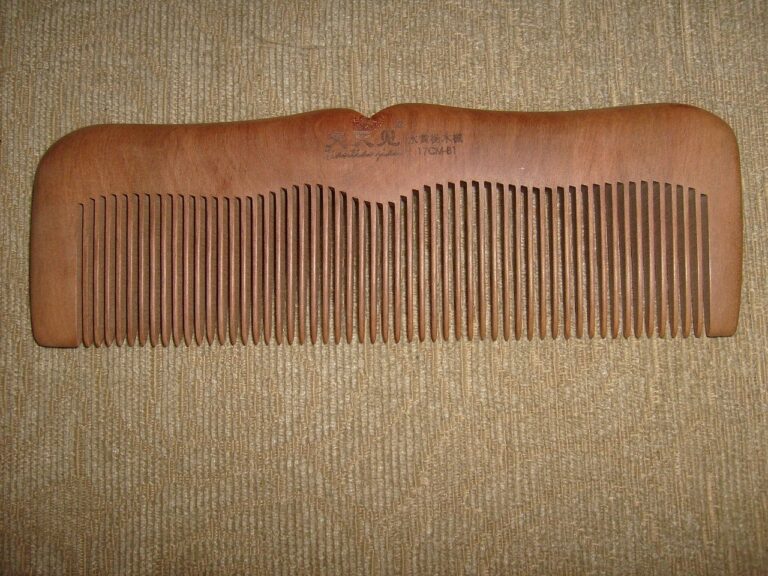Fashion and Urban Farming: Sustainable Clothing from Urban Agriculture
Sustainable fashion and urban agriculture may seem like distant cousins in the realm of industry, but their intersection is a potent breeding ground for innovation. Urban agriculture, with its focus on localized food production and reduced carbon footprint, aligns seamlessly with the principles of sustainability that the fashion industry is increasingly embracing. By cultivating organic materials within city limits, fashion designers have the opportunity to reduce their reliance on environmentally taxing materials and contribute to the greening of urban landscapes.
As urban spaces continue to expand and traditional farmlands shrink, the integration of agriculture into cities is becoming not just a trend, but a necessity. In this rapidly urbanizing world, the concept of urban agriculture offers a promising solution to food security challenges and environmental degradation. When paired with the ethical practices of sustainable fashion, urban agriculture presents a revolutionary pathway towards a more ecologically responsible and socially conscious industry.
Urban agriculture and sustainable fashion intersect to create innovative solutions
Focus on localized food production and reduced carbon footprint align with sustainability principles
Cultivating organic materials in cities reduces reliance on environmentally taxing materials for fashion industry
Integration of agriculture into urban spaces is becoming a necessity due to expanding urbanization
Urban agriculture offers a solution to food security challenges and environmental degradation when paired with sustainable fashion practices.
The Benefits of Using Organic Materials in Clothing Production
Using organic materials in clothing production offers numerous advantages for both the environment and consumers. By opting for organically grown fibers like cotton or hemp, fashion designers can reduce the use of harmful pesticides and chemicals on crops, promoting healthier ecosystems and lowering the risk of soil and water contamination. These natural fibers are often biodegradable, presenting a more sustainable end-of-life cycle compared to synthetic materials that contribute to plastic pollution.
Furthermore, organic materials tend to be more skin-friendly and hypoallergenic, making them a preferred choice for individuals with sensitive skin or allergies. The absence of harsh chemicals used in the cultivation and processing of organic fibers can lead to a decrease in skin irritations and health issues related to textile allergies. Embracing organic materials in clothing production not only benefits the planet but also enhances the overall well-being of consumers, aligning with the growing demand for environmentally conscious and health-conscious fashion choices.
How Urban Farming Can Revolutionize the Fashion Industry
Urban farming holds immense potential to revolutionize the fashion industry by providing a sustainable source of raw materials for clothing production. With the increasing demand for eco-friendly and ethically produced garments, urban agriculture offers a solution to reduce the environmental impact of traditional textile manufacturing processes. By cultivating crops such as cotton, hemp, and flax within city limits, designers can access organic materials that are free from harmful pesticides and chemicals.
Furthermore, integrating urban farming into the fashion supply chain can help reduce carbon emissions associated with transportation and distribution. By sourcing materials locally, designers can minimize the carbon footprint of their products and support the growth of a more circular economy within the industry. This shift towards sustainable practices not only benefits the environment but also promotes social responsibility by creating opportunities for communities to engage in urban agriculture initiatives.
How can urban farming benefit the fashion industry?
Urban farming can provide a more sustainable and local source of organic materials for clothing production, reducing the industry’s reliance on harmful chemicals and fossil fuels.
What are the benefits of using organic materials in clothing production?
Organic materials are free from harmful chemicals and pesticides, making them better for the environment and for the health of both producers and consumers. They also have a smaller carbon footprint compared to conventional materials.
How does urban farming intersect with sustainable fashion?
Urban farming promotes the use of locally sourced, organic materials, which aligns with the principles of sustainable fashion. By integrating urban farming practices into clothing production, the industry can reduce its environmental impact and support community-based agriculture.







